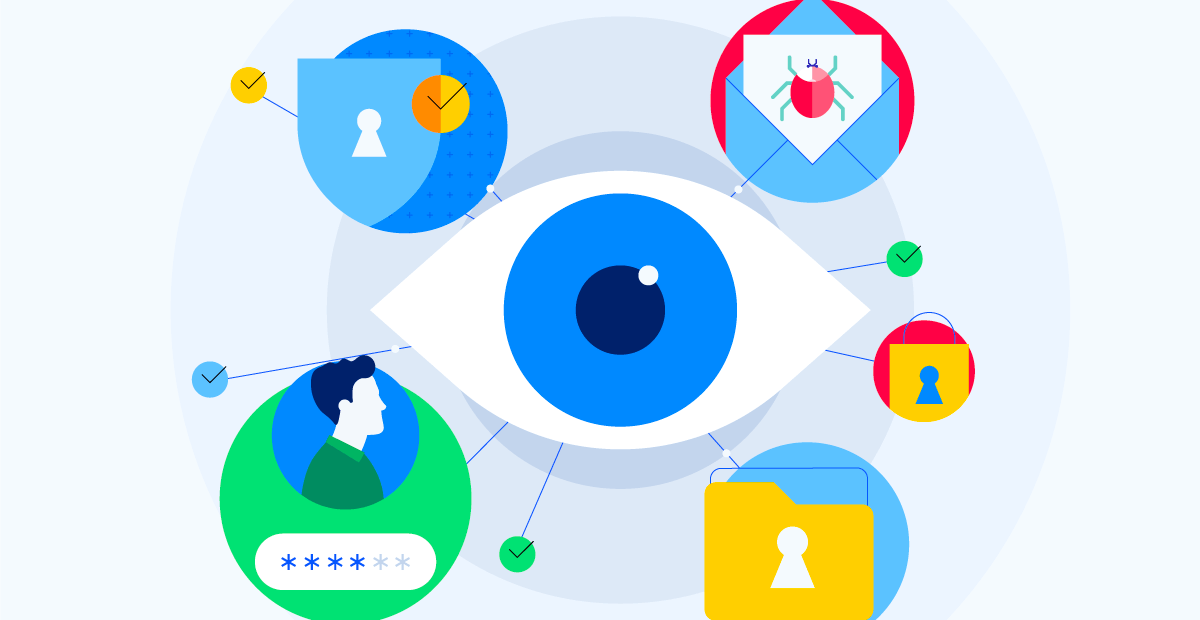4 Things to Remember This Data Privacy Day

In honor of Data Privacy Day, we’re sharing some helpful tips to help you keep your data safe.
Data privacy is important to all of us as individuals. The global privacy landscape has significantly changed in recent years—apart from the GDPR, there are many additional privacy laws that affect us and the places we work.
Data Privacy Day—recognized each year on January 28—is an international effort created to highlight the importance of respecting privacy and protecting data.
Although security and privacy have some differences, they go hand in hand. Like information security, data privacy is everyone’s responsibility. Remember, sometimes the small steps or the small changes in the right direction have the biggest impact.
Below, we’ve gathered four data privacy tips that can help you to make sure you’re adhering to the appropriate guidelines and keeping all your data safe and secure.
Sharing is Caring; Oversharing is Dangerous!
Always be mindful of the personal information you post on social networks or share publicly. Social networks are a great tool to keep people connected, but there are many risks associated with oversharing—you could become a victim of social engineering and subsequent phishing attacks, which can have a catastrophic effect on you or your organization.
To Use or Not to Use This Data: That is the Question
Never assume that publicly available personal information is exempt from data protection rules—data protection principles still apply. Any time personal data is collected from public resources, it should be processed in a fair, lawful and transparent manner, and everyone should have a choice to control how their personal information is used.
For more information on considerations when processing publicly available data, visit the IAPP website or read the article What common issues might come up in practice? | ICO.
Review Privacy Setting and Permissions
In our digitally driven world, we all enjoy the convenience provided by online services, activities, various apps, etc. They all track our activity and collect different pieces of information and personal data, which are used for many purposes. Make sure to review and set the privacy settings on all apps and tools you use on a regular basis to reflect your comfort level for information sharing. View this guide from the National Cybersecurity Alliance with instructions to update your privacy settings from popular online services.
This advice is also valid for the permissions you give when you share files or content that are not intended for the general population. Be sure to lock down any OneDrive, SharePoint or MS Teams files and folders.
Keep Personal and Work Information Separated
Be mindful and diligent about your personal information or the personal information of others—like family members, friends, etc.—as well as any files or documents that contain that information. It’s advised that you avoid storing such files and documents on your work laptop unless absolutely necessary. If it is necessary, make sure to delete these files and documents as soon as practically possible.
Sometimes it may be appropriate to redact information that is not necessary or relevant to the purpose or a task. Always consider whether it is appropriate to redact data.
To learn more about data privacy, visit Stay Safe Online or the National Cybersecurity Alliance’s data privacy resources.

Velina Georgieva
Velina is part of the Progress Software Enterprise Legal Services team where her area of practice is focused on data protection and data privacy. She is also a Certified Information Privacy Manager and Information Privacy Professional for Europe, as well as a member of the International Association of Privacy Professionals.
